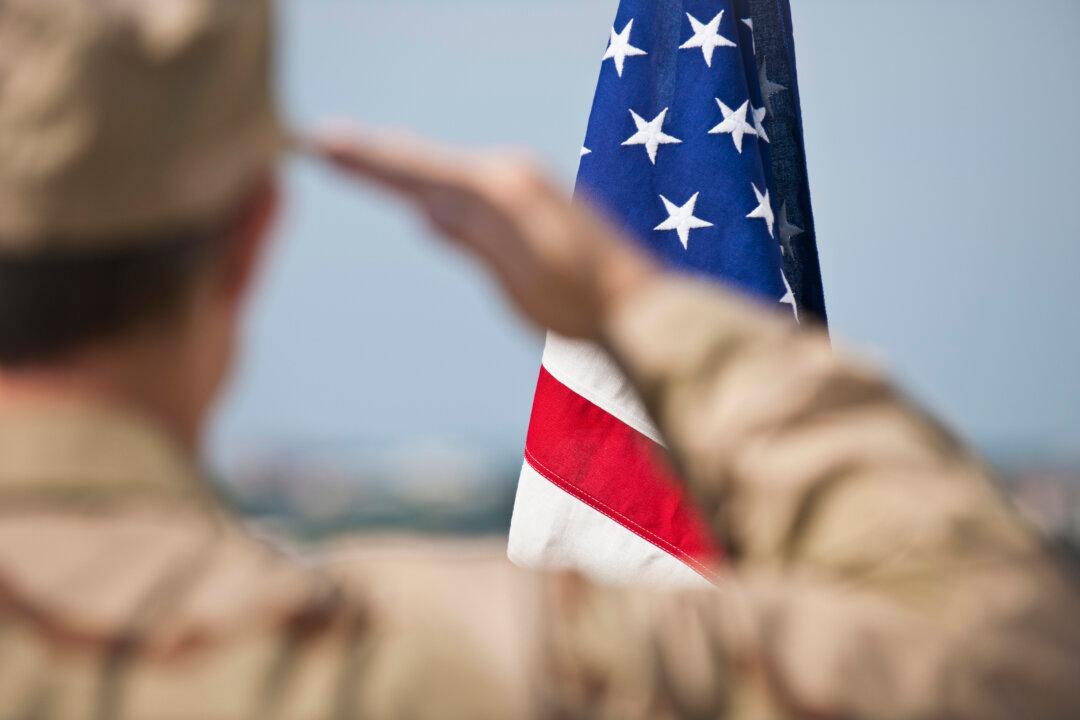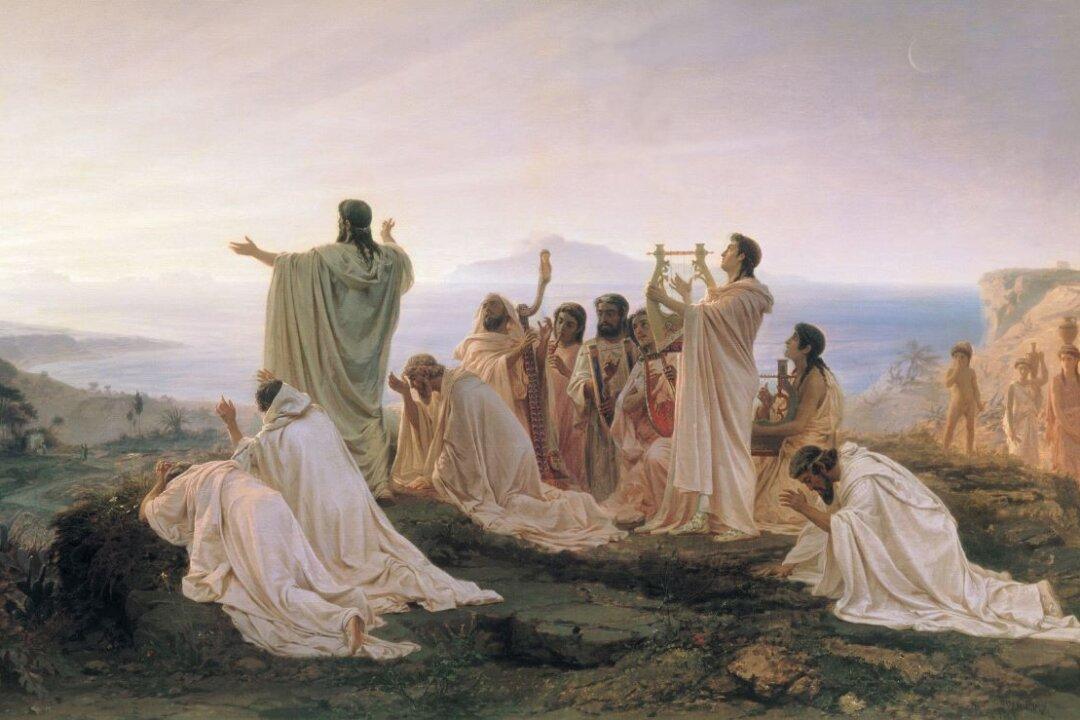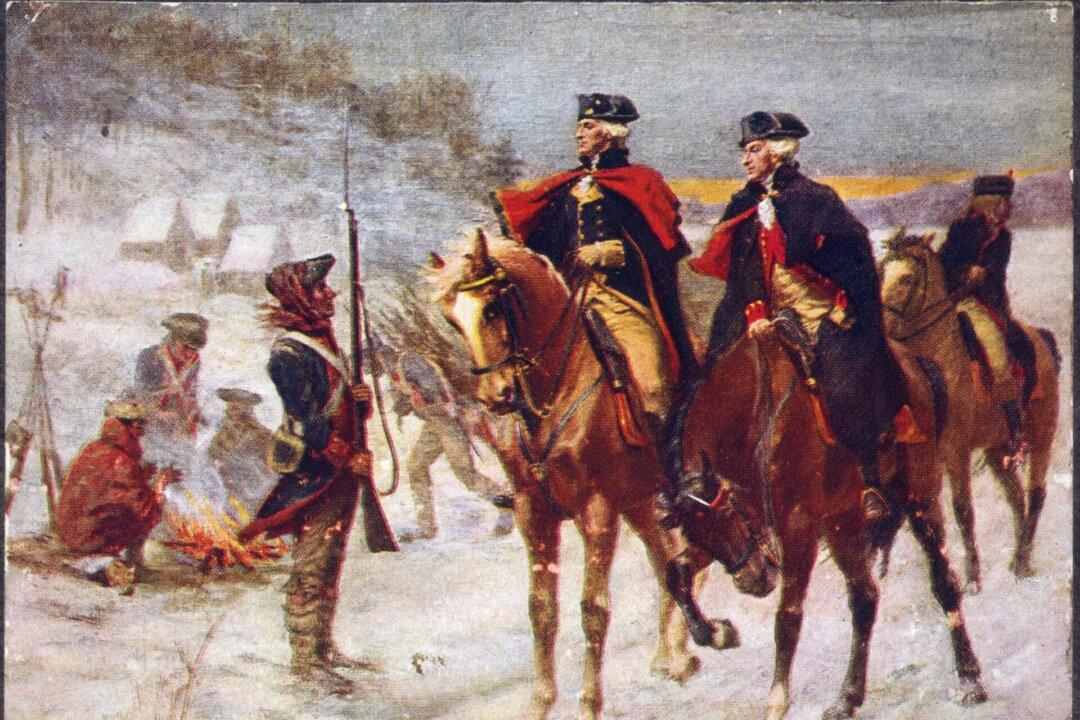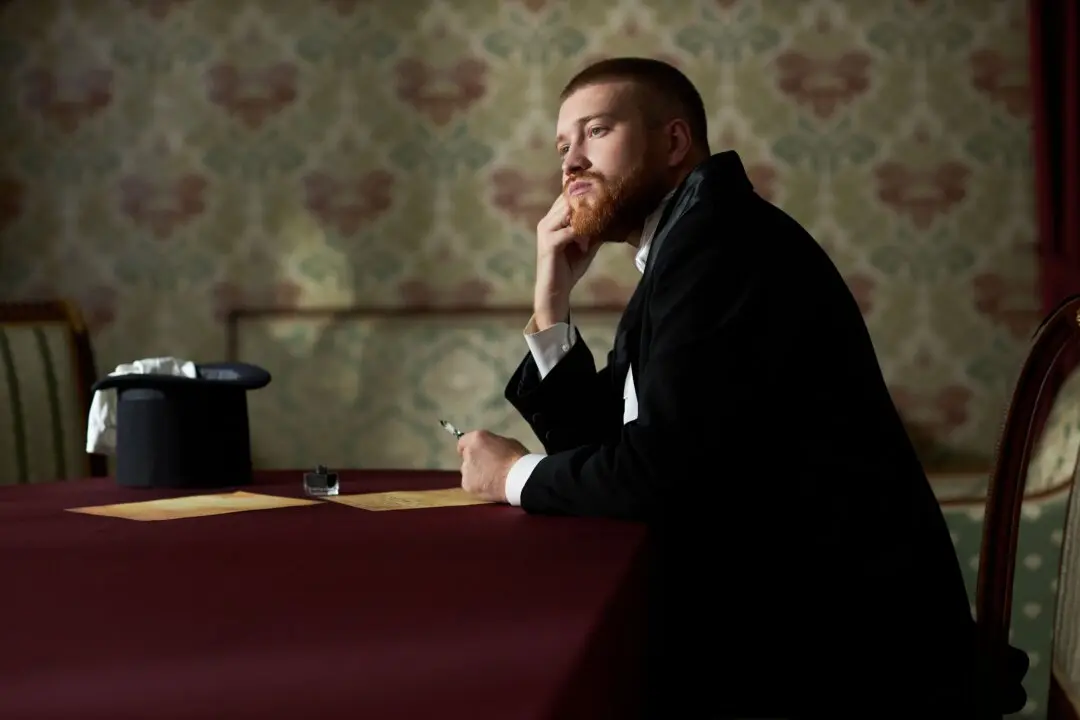Patriotic songs have a special place in U.S. culture, reflecting the nation’s strivings and ideals. From anthems of hope to rallying cries of unity in times of war, these songs transcend generations. Here, we’ll explore those that have most significantly shaped American history.
‘The Star-Spangled Banner’
The importance of the United States’ official national song is a no-brainer. It is sung at every public occasion that seeks to stir collective pride.In 1814, Francis Scott Key witnessed the British bombard Fort McHenry with more than 1,500 cannonballs. When the defenders raised their flag the following morning, Key felt inspired and began scribbling a verse on the back of a letter. He had the resulting poem published with instructions to sing it to the tune of “To Anacreon in Heaven.”





